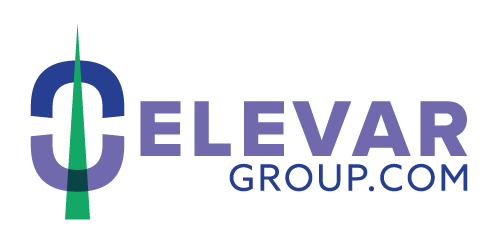In my previous post on creating Intelligent Outcomes™ (vs. S.M.A.R.T. goals), we discussed the first of six key criteria for success. An Intelligent Outcome must be framed in positive terms. It expresses what you do want, not what you don’t.
Now for the second success criterion: Valuable. An Intelligent Outcome expresses what matters most.
Sound obvious? Why would anyone pursue a goal that doesn’t truly matter? Listen and think again to the goals your clients are setting.
Most goals are merely a means to an end — not the end itself. People don’t want a new job, new house, new relationship, or newfound wealth just for the sake of having those things. They want them because of what they represent. Things are symbols of deeper desires and needs. For security, significance, connection, contribution, freedom, growth, fulfillment, love. These are the whys beneath the wants – the real drivers of human desire.
Unfortunately, money can’t buy you love. Or anything else on that wish list. The means don’t always meet the end-goal, as my client, Celeste, quickly discovered.
A single working mother with two teenage girls, Celeste answered the first Intelligent Outcome question (“What do you want?”) with a nice, neat, positive statement: “I want to get a part-time job so I can afford to take a nice vacation every summer with my girls,” she said.
Her statement seemed a little too nice and neat. So I asked the second Intelligent Outcome question to identify the true value of what she wants.
“Tell me, Celeste, what’s important to you about taking a vacation every summer with your girls?” I asked.
With a deep sigh, she lamented, “They’re growing up so fast. Before you know it, they’ll both be off to college and I’ll hardly get to see them anymore. Even now, between my job and their after-school activities, we’re always catching each other on the fly. I’d love to take them both on a really nice trip every summer – something we’ll always remember and share. But I can’t afford it on my present salary.”
Celeste paused, as if summoning the energy to finish her thought. “I figure that if I get a part-time job working an extra 12 hours a week, I can set aside enough money each year to swing a summer vacation with them.”
I recapped what I’d heard. “Let me see if I understand you, Celeste. What’s important about taking those summer vacations with your girls is creating memories that you can remember and share after they leave home. Is that right?”
”Yes,” she answered. “What really matters is spending quality time together. I feel like I’m missing so much in their lives. If I didn’t have such a demanding job, I could get more involved with their school activities and have the time to…”
Celeste’s voice trailed off.
“Time to what?” I asked.
“Time to… really be with them. Oh…my…gosh,” she said slowly, as if in shock. “I can’t believe what I just said. Here I am thinking of spending 12 extra hours a week away from my girls so we can take one summer vacation together. That doesn’t make any sense. A part-time job would give me less of what I really want. This changes everything.”
Including Celeste’s desired outcome.
Notice that in eliciting her deepest values, I never once asked a why question. Why? Because the answer to why is always because. Ask yourself why you engage in unwanted behaviors — why you procrastinate, overeat, avoid the gym, lose your temper, toss your clothes everywhere but in the laundry bin – and your brain will spit out a list of reasons why:
“Because you’re lazy, that’s why.”
“Because you don’t have any discipline.”
“Because just thinking about doing it is exhausting.”
Because because because.
Why questions rarely elicit useful information. They tend to elicit useless justifications and unhelpful beliefs. Instead of asking why a certain outcome is wanted, ask the brain what the purpose of having that outcome is. For example:
- What’s important about having that?
- What will it give you?
- What will it mean to you?
- What will it do for you?
Consider how this same chain of questions changed the outcome of my client, Ernie, a 62-year-old civil servant who told me that he wanted “to renovate and sell five houses.”
Carol: “For what reason?” [Valuable]
Ernie: “To make x amount of money.”
Carol: “What would that money do for you?” [Valuable]
Ernie: “Allow me to take early retirement.”
Carol: “What would early retirement give you?” [Valuable]
Ernie: “Time to travel.”
Carol: “What do you like about traveling?” [Valuable]
Ernie: “The adventure and variety.”
Carol: “And what’s the value of adventure and variety?” [Valuable}
Ernie: “What do you mean, what’s the value of it? As I said, I like adventure and variety.”
Notice how asking variations of the same value-based question led Ernie to question the question itself. When your client answers the same way more than once, you’ve both struck coaching gold.
So deep-down, Ernie wanted adventure and variety, and Celeste wanted quality time with her girls. Having realized that their initial outcomes were merely a means to an end, they now could refocus the coaching with the end in mind.
Want to learn how to use The Intelligent Outcome™ yourself? Join me on May 27 for the next offering of the Elevar kive web course, Beyond NLP: Neuro-Linguistic Coaching.

